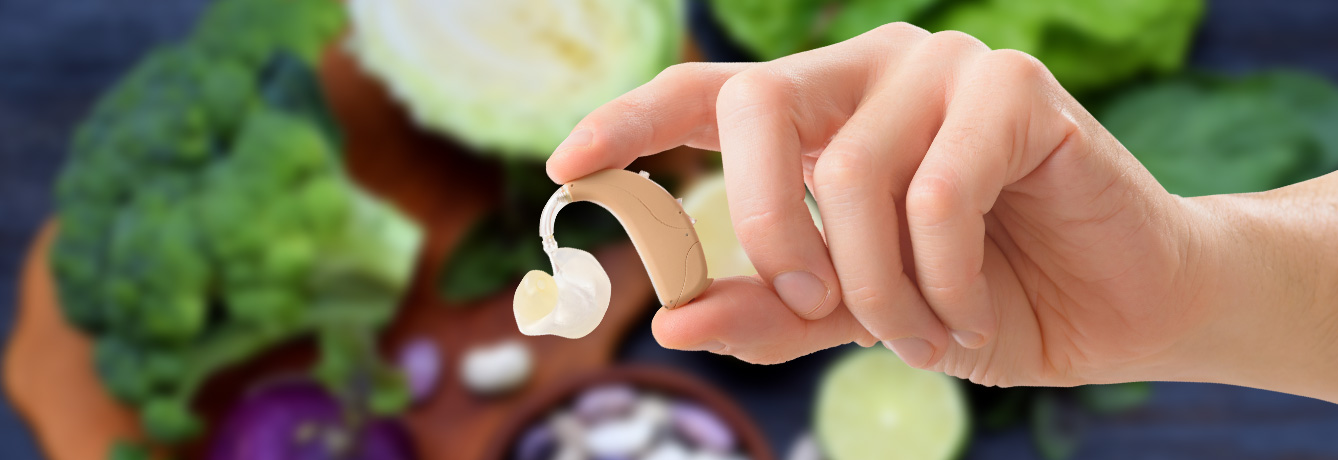By age 75, half of Americans experience age-related hearing loss.While many simply accept this as an unavoidable part of the aging process, emerging research suggests better nutrition may help safeguard your hearing as you approach golden years.Dutch scientists have linked a higher risk of hearing loss to low levels of folate — a B vitamin abundantly found in legumes lentils, navy and pinto beans), leafy greens (spinach, collards, etc.), artichokes, beets and Brussels sprouts.
Their study found that among 728 seniors, those who increased folate intake to twice the Daily Value slowed the decline in age-related hearing after three years.Specifically, the folate-fed seniors could detect softer, quieter sounds compared to a control group.The mechanism may be the role folate plays in supporting blood circulation to the brain.
In addition to preserving hearing, fabulous folate has many other health benefits, including protecting against certain birth defects, reducing bone fracture risk, keeping hypertension at bay and even regulating neurochemical reactions needed for emotional balance. Speaking of balance, while getting enough folate is important, getting TOO MUCH through fortification raises other health risks.Indeed, while the government-mandated fortification of grain products with folate has slashed neural tube defects by 30% in the past decade, other research is being done to determine if supplemental folate affects the risk of various cancers.
Bonus: Folate-rich fruit and veggies not only protect older ears — they could also help children avoid painful and possibly damaging earaches.How? Produce provides a bulwark against childhood obesity, which is linked to increased risk of severe inner ear infection.



